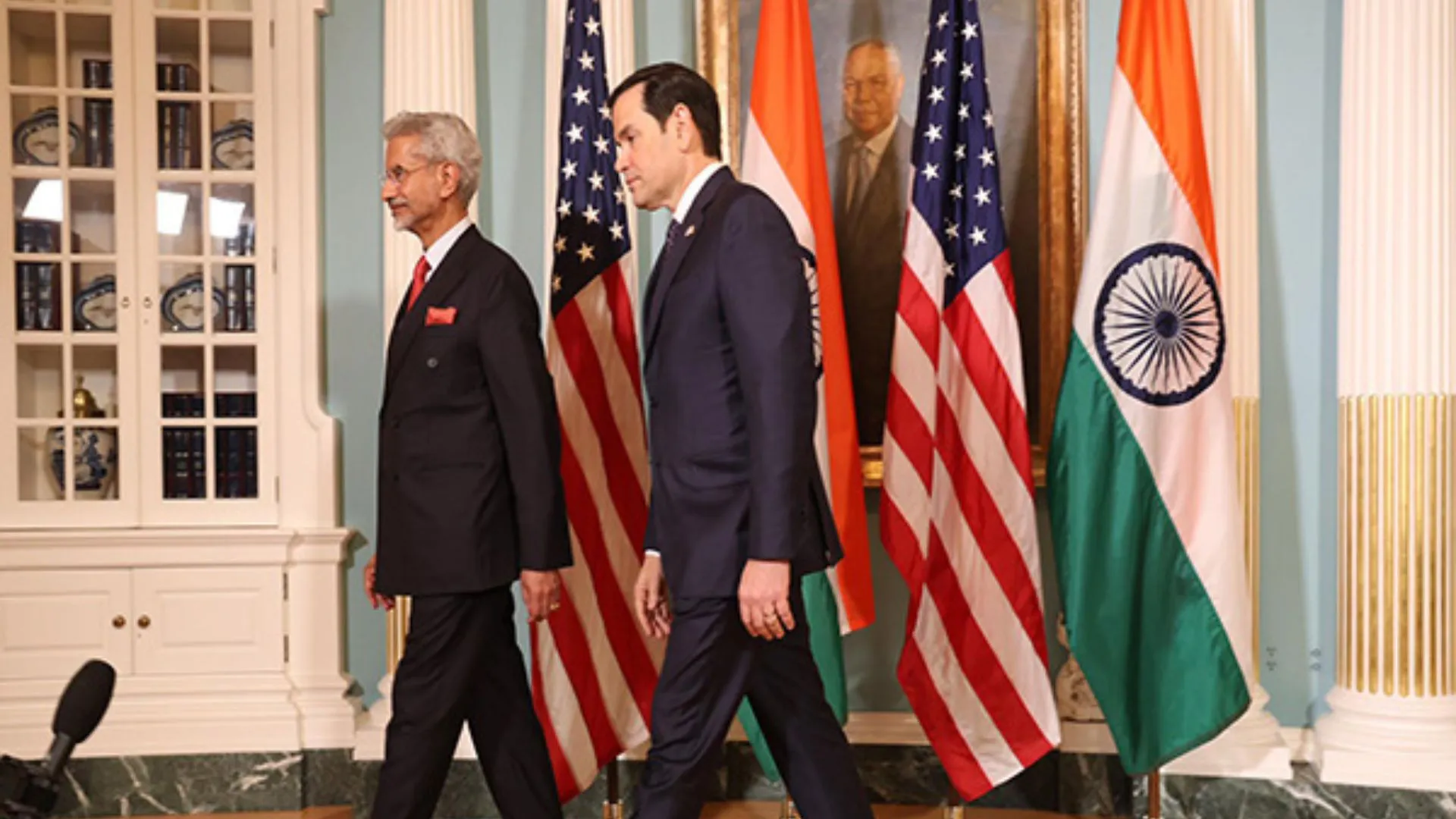Amid political unrest in Bangladesh, an Air India flight from Dhaka carrying 199 passengers and six infants landed in Delhi early on Wednesday morning.
Air India operated a special charter flight at short notice despite infrastructure challenges at Dhaka Airport late last night and landed in Delhi early this morning, as per information provided by sources.
One of the passengers on the flight, an Indian national, said that the situation in Bangladesh is “pretty much under control now.”
The passenger, Arpit said, “It’s pretty much controlled now. It’s pretty much controlled. Far, much better. From tomorrow, everything is going to be working completely. Factories, offices, banks, colleges, schools. Everything’s going to be okay.”
Asked whether he departed in a situation of panic, Arpit said, “No, no, no. It was all okay. Though the airlines have also been opened up. And I came to see my family, just the family was worried.”
On reports of people of a community being targeted, he said, “For Indians, it is not like that. Everything is fine. It’s completely fine.”
Asked about the situation in Bangladesh, following weeks of violence that led to Sheikh Hasina tendering her resignation and left the country to arrive in Delhi, he said, “Everything is okay now, even on the roads, and highways, everything is completely fine.”
Arpit also mentioned that people are happy that Sheikh Hasina have left the country. “However, smart people have said that it is a mistake and they will later realize it, said Arpit stating that he would return to Bangladesh after two to three days.
On being asked about people’s reactions to Sheikh Hasina’s resignation, Arpit said, “People were really happy. But, on the other hand, the smart people who have been politically connected, they say that they have made a mistake. Later on , they’re going to realize it.”
Bangladesh is facing a fluid political situation with Sheikh Hasina tendering her resignation from her post in the wake of mounting protests on August 5. The protests, led mainly by students demanding an end to the quota system for government jobs, evolved into anti-government demonstrations.
Another passenger on the plane from Bangladesh that landed in Delhi said that the situation in the country “normal”.
The passenger said, “I have come to India for treatment.”
Another passenger from Bangladesh, Souradip Roy said, “Now everything is fine there, there is no problem. A lot of massacres happened over there and many students were killed. Officially they say over 200 students were killed, however, unofficially it is more than 1000 students were killed.” He said that he is on a visit to India.
Another passenger from Bangladesh’s Sylhet, Tanveer, said that the situation in Bangladesh is “not so good, not so bad.”
“Situation is not so good, not so bad. The interim government has taken the control ofthe country and we don’t know what comes next. But, we hope for a better outcome.”
“On the 18th of July, I saw it was like war zone in Bangladesh, near my office in Uttara. And after that there was a curfew and there were army and people getting killed in front of my eyes. I even got a rubber bullet on my that hit me. I even got police that had beaten me for coming out,” he added.
Meanwhile, Nobel laureate Muhammad Yunus has been appointed as the head of Bangladesh’s interim government, Dhaka Tribune reported. Bangladesh President’s Press Secretary, Joynal Abedin, made the announcement.
The decision regarding the appointment of Bangladesh’s interim government head was made during a meeting between President Shahabuddin and the coordinators of the Anti-Discrimination Student Movement.
On Tuesday, External Affairs Minister S Jaishankar said that there are an estimated 19,000 Indian nationals of which about 9000 are students while ensuring the country that the government is in close contact with the Indian community in Dhaka.
Jaishankar informed the Lok Sabha that the bulk of the students returned to India in July.
“We are in close and continuous touch with the Indian community in Bangladesh through our diplomatic missions. There are an estimated 19,000 Indian nationals there of which about 9000 are students. The bulk of the students returned in July,” he said.
He also said that Bangladesh’s former Prime Minister Sheikh Hasina requested approval from India to come at very short notice and she arrived on the evening of Monday.
“On August 5, demonstrators converged in Dhaka despite the curfew. Our understanding is that after a meeting with leaders of the security establishment, Prime Minister Sheikh Hasina apparently made the decision to resign. At very short notice, she requested approval to come for the moment to India. We simultaneously received a request for flight clearance from Bangladesh authorities. She arrived yesterday evening in Delhi,” he said.
The External Affairs Minister also mentioned that the government is monitoring the situation with regard to the minorities living in Bangladesh. Jaishankar noted that ties between India and Bangladesh are exceptionally close.
“Since the election in January 2024, there has been considerable tensions, deep divides and growing polarization in Bangladesh politics and “this underlying foundation aggravated a student agitation that started in June this year.”
“There was growing violence including attacks on public buildings and violence continued in July. We counselled restraint and urged the situation be resolved by dialogue, Jaishankar said in his statement in Rajya Sabha.
He said that the growing violence included attacks on public buildings and infrastructure, as well as traffic and rail obstructions.
“Throughout this period, we repeatedly counselled restraint and urged that the situation be defused through dialogue. Similar urgings were made to various political forces with whom we were in touch,” Jaishankar said.

















